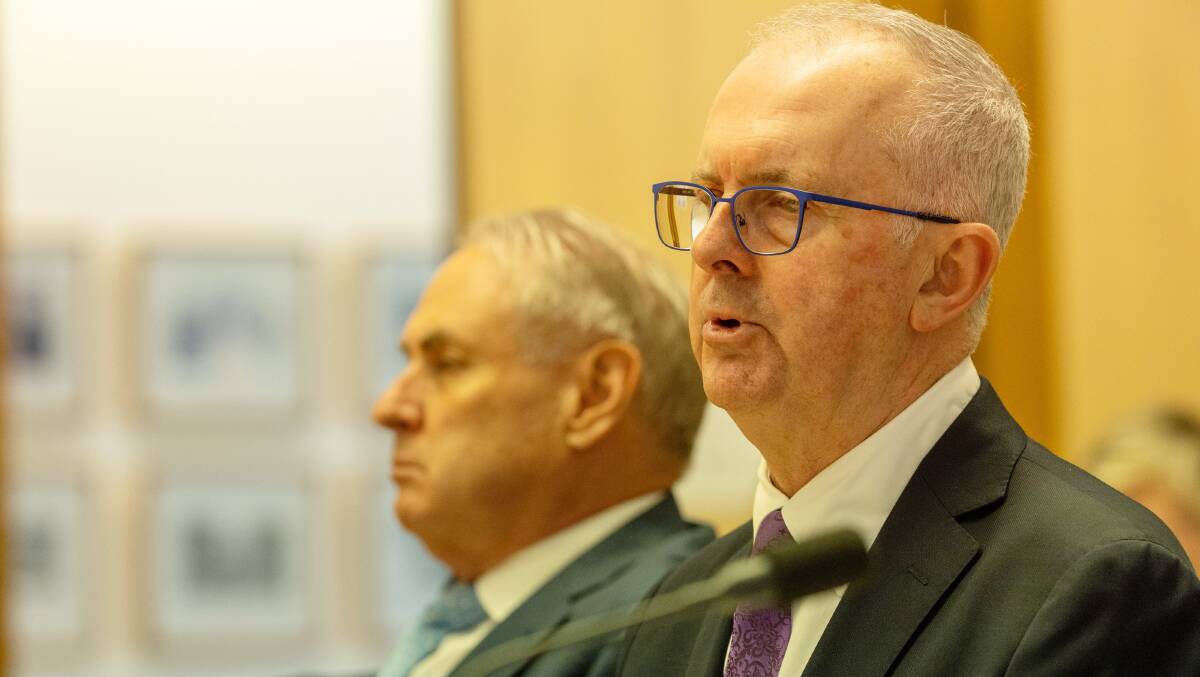It would be a "mistake" to put the Australian Electoral Commission in charge of policing campaign lies, because it would "ruin neutrality", the agency's boss has said.
Special Minister of State Don Farrell is expected to introduce "truth in advertising" laws this year, to regulate the dissemination of falsehoods during election campaigns.
In March, The Sydney Morning Herald reported the plans, and that a unit within the AEC would be tasked with delivering them.
The country's Electoral Commissioner, Tom Rogers, has previously said that such a unit should be housed outside of the AEC.
Speaking at the ANU National Security Conference on Wednesday, he bolstered this call.

"Parliament right now is talking around the issue of truth in advertising, thinking about whether or not legislation should be introduced to give truth in advertising a home," he said.
"And every time I open the paper, nervously, I see that sometimes the AEC is slated as the home.
"I think it's a mistake for us to get that, it would ruin our neutrality if we have to opine on the truth of political candidates, so there are real issues we've got to grapple within that."
Why Rogers endorsed the 'very risky' social media strategy
Mr Rogers was discussing the role of Australia's electoral system in safeguarding its democracy, on a panel which also featured former attorney-general George Brandis.
Social media has transformed the agency's role from one which was solely focused on producing accurate electoral results, to one that is tasked with promoting trust in Australia's electoral system in a digital age.
This significant challenge is the motivation behind the agency's social media strategy, which is known to be wittier and much less risk averse than that of other government agencies.
The commissioner said the agency had implemented a "reputation management strategy" which involves the "use of social media in novel ways that we've never done before, very risky ways".
"At the last [referendum], I spent a lot of time with our social media team," Mr Rogers said.
"I said to them, I'd be happy with about 70 per cent of what they do, unhappy with about 30 per cent, and of the 30 per cent I'd be deeply unhappy with a bit of it.
"But I knew that we had to take some risks to engage with citizens and those statistics were about right, and it generally worked fairly well."
Mr Rogers also said the agency is not equipped to deal with the threats posed by Artificial Intelligence, and that it's "behind the eight ball legislatively" on tackling it.
"Our job is to preserve the integrity of the system, and to talk about the electoral system in the process of voting," he said. "So AI is a problem for us, and we will need to come to grips with it."


